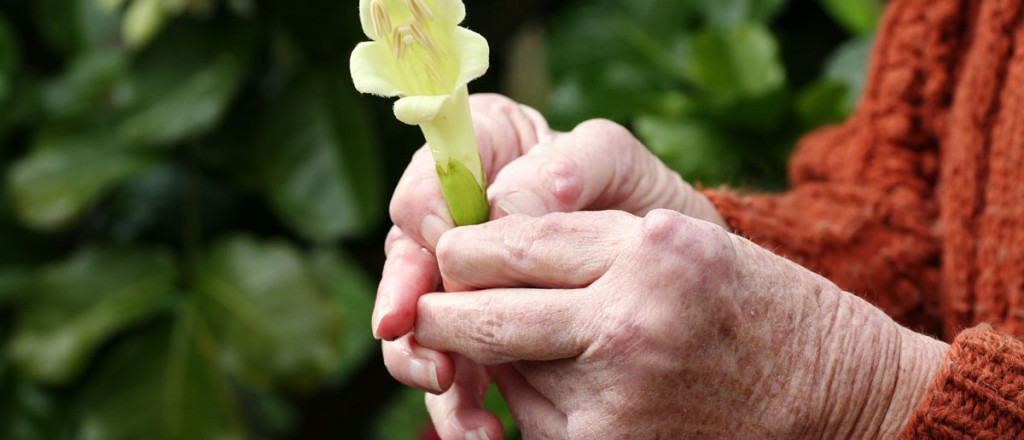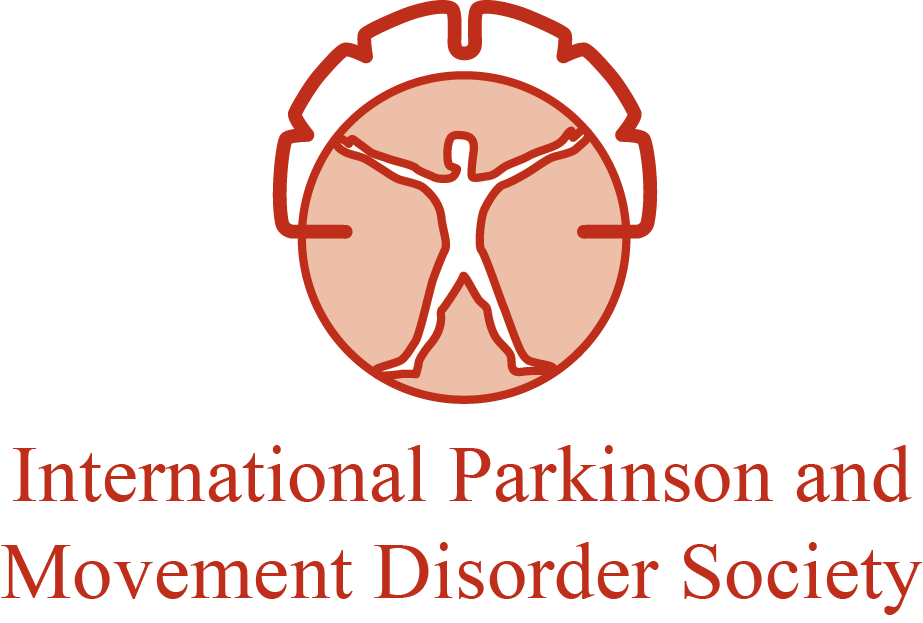
Arthritis
Approximately 915,000 people in Ireland live with arthritis
Arthritis is one of the main conditions patients seek physiotherapy for. Therefore, we assess and treat arthritis every day in our clinics. There is no cure for arthritis. However, physiotherapy can improve symptoms (such as pain, stiffness and weakness) while increasing your function.
Each patient that attends Corrib Physiotherapy is thoroughly assessed. Based on this assessment, an individualised treatment is devised. Your individualised treatment programme may include:
- Activity modification – you are finding particular daily activities difficult due to pain or stiffness. We aim to make this activity easier for you to perform. We show you how to complete the activity differently or give you a piece of equipment which will reduce the stress/load placed on the joint.
- Exercise prescription which includes specific exercises to increase mobility, strength and improve balance
- Education – this is probably the most important part of any rehabilitation programme.
What is arthritis?
The most common types of arthritis are osteoarthritis and rheumatoid arthritis.
Osteoarthritis is a condition that affects your joints. A joint is where two or more bones meet. The ends of these bones are covered by thick cartilage. Cartilage acts as a shock absorber which evenly distributes the stress/load applied during daily activities across the joint. Osteoarthritis causes thinning of the cartilage over time and the bone underneath can become thickened. This leads to symptoms including
- Swelling around the joint
- Stiffness particularly at rest
- Your joint may creak or crunch with movement
- Pain – The pain may be worse at the end of the day or with particular activities such as climbing up and downstairs.
Rheumatoid arthritis is an autoimmune condition that causes inflammation of the joints. The joint is surrounded by synovium. Synovium produces fluid to nourish and lubricate the joint. Rheumatoid arthritis causes inflammation in the synovium. This can lead to symptoms such as
- Joint swelling
- Stiffness especially in the morning
- Pain – you may experience pain in a number of your joints


